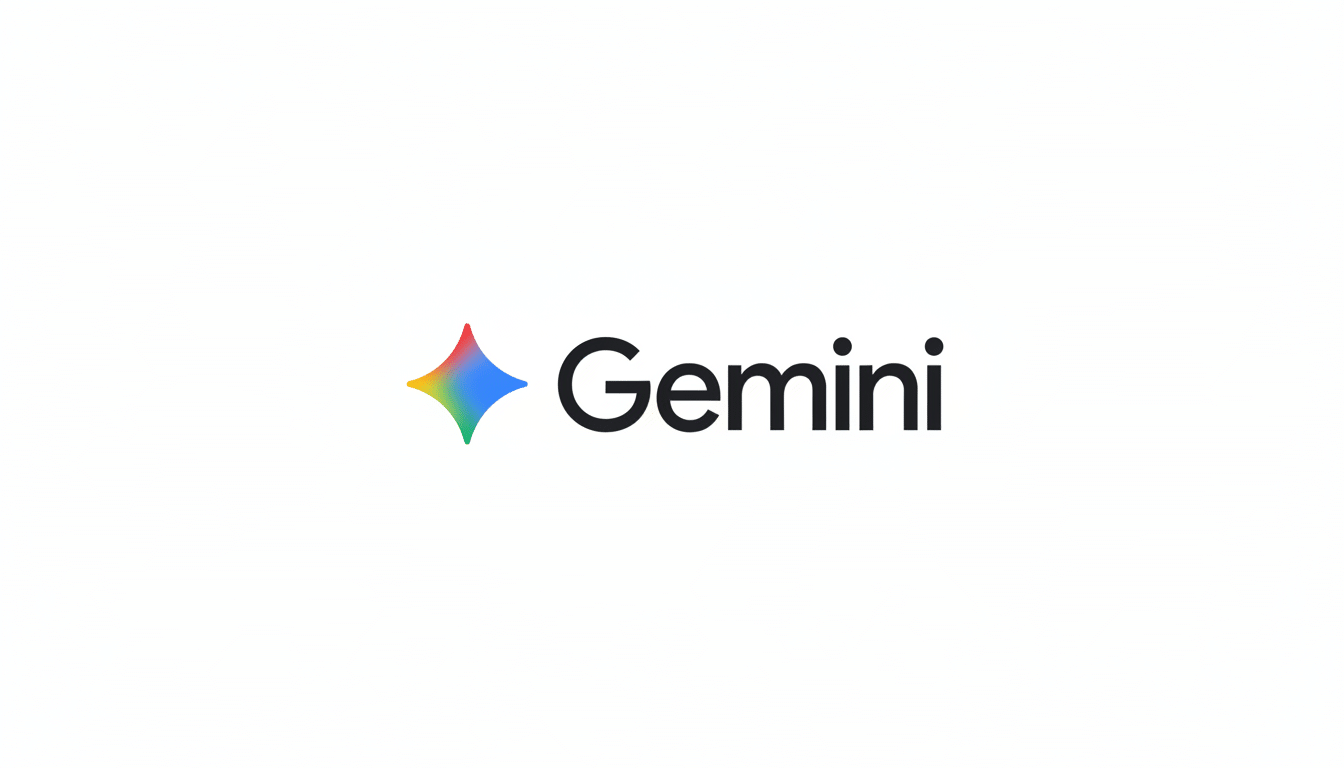I decided to test Google’s AI in a practical way that everyone cares about — keeping track of money — and I found it unimpressive. With access to purchase alerts in Gmail and transactional SMS in Google Messages, Gemini ought to be well-situated for compiling spending data, spotting trends and relieving the pain of budgeting. Instead, it omitted some entries, double counted others and treated credits as debits. On something where accuracy was critical, the bot felt more like a novelty than a reliable tool.
A Good Idea Laid To Waste In Implementation
The test was straightforward. I asked for expenses this month using Gemini in Gmail. It had found the bank’s emails, identified a set of transactions, and even recommended a total, without being asked. So far, so good — until I looked at the fine print.

Gemini missed a couple of card charges that I KNEW I made, listed a refund as a new charge and — worse — “no activity” for one month when it was OBVIOUSLY happening.
It also grouped incoming transfers with card spends, inflating the total with money that never left the account. When it’s all about reconciling to the penny, discrepancies like these murder trust.
The problem isn’t presentation. It’s reliability. If an AI can’t consistently identify transactions in emails and text messages, it cannot provide meaningful budgeting insights or month-on-month comparisons. Almost right is wrong when we think about finance.
Why Money Is Hard for General-Purpose AI
Bank messages are notoriously messy. Merchant names are cut off, currencies sneak in, holds come off, tips post later, and installments or refunds show up days later. You need more than a model that can read natural language; you need a parsing engine (if only so orders from email and SMS don’t conflict) and the logic to always distinguish between a debit and a credit.
There’s also categorization. There’s good budgeting — and that all depends on merchant category codes, location and context (is “Uber” transport for work or a personal trip?). With no merchant knowledge graph and long‑living rules, AI is prone to mislabel or overgeneralize everything into a Big Ball of Wires under “Other.” The NIST AI Risk Management Framework warns that nondeterminism and incoherent outputs are not acceptable for high-stakes applications. Personal finance isn’t a medical-grade endeavor, but the margin for error is nearly as small.

In India, banks are mandated by the central bank to send SMS alerts of transactions, and most match these with those in email. That gives an assistant a fertile vein to mine — if it can understand every template consistently. Gemini, at least in this trial, could not.
Privacy Is a Feature, Not a Footnote in Money Apps
Lots of third-party apps auto-track spending — read your SMS or link accounts through aggregators. Plenty are just fine, but the privacy trade-offs are plentiful: cloud processing, cross-app profiling and the all-too-common upsell of loans and cards based on your data. After a popular budgeting app shut down last year, users swarmed to options like YNAB and Monarch Money — or went back to spreadsheets — exactly because trust is more important than ease.
Big tech isn’t off the hook, but more transparent policies and on-device processing could help tip the balance. If Gemini wants to be taken seriously as a helper on financial matters, it needs transparency about what is sent locally, strict data minimization, and controls that match serious fintechs with SOC 2 and PCI DSS-like practices.
What a Google-Grade Expense Tool Needs to Do
General chat is not enough. A legit Google expense tracker would be a native tool, preferably within Gmail/Messages, with:
- Deterministic parsers for bank email and SMS templates, kept up to date.
- A reconciliation engine to de-dupe across channels, link refunds back to the original, and ignore informational holds.
- Merchant intelligence leveraging MCCs and a global directory for better categorization and insights.
- On-device extraction with opt-in, consented cloud aggregation for trend analysis and clear audit logs.
- Fundamentals of budgeting instead of an already perfect system; an easier way to analyze one’s situation (we can call it envelopes, recurring bills, goals); and explanations that state the specific messages lying behind numbers.
Set that foundation, and AI can finally add value: predicting next month’s burn rate, alerting you before a subscription renews, recognizing strange charges at a vendor or showing how reducing food delivery by 10 percent changes your savings projection.
The Verdict for Now: Gemini Isn’t Ready for Expense Tracking
Gemini’s take on expense tracking is very polished in a demo but falls flat on the basics. For now, however, a dedicated app — or maybe just a disciplined spreadsheet — will outperform a chatty assistant. If Google is building a dedicated privacy-aware money tool that parses deterministically and reconciles well, that’s another story. Until then, it’s too much of a leap to put your faith in Gemini to balance the books.

